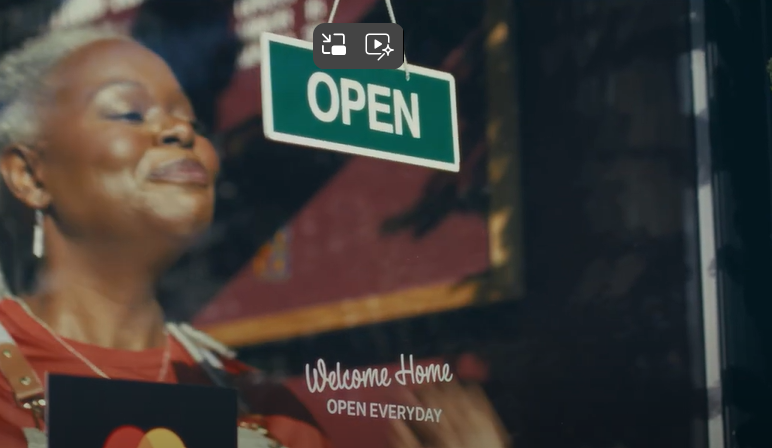In many Latin American markets, under-digitalization is deeply entrenched – so much so that in rural areas, an estimated 60% to 70% of neighborhood retail establishments may still be cash-only. That’s why Mastercard is working with CPG distributors like CBC to bring digital payments to micro-retailers throughout Latin America.
With this strategic partnership, bodega owners can conveniently pay for their soda or snacks without cash — and instead use a co-branded Mastercard by simply clicking a checkout link in an app or tapping to pay on the moment of delivery. When they pay by card, they earn points that are redeemable for inventory. Plus, by leveraging their trusted distribution sales representatives, they are trained on the technology to seamlessly implement and take advantage of its benefits. It’s a frictionless, intuitive way to digitize their operations — one that taps into the human element of doing business through personalized relationships with local sales teams.
By paying digitally, owners also build credit, opening the door to business loans. The lack of access to such loans has long been the top barrier to small business growth. With business loans, they’re able to expand by opening new stores and hiring additional employees. And once owners get comfortable with digital payments, many begin to accept credit cards from their customers. It’s a critical pivot that helps business owners to boost sales and improve security — not to mention save them valuable time previously spent counting money and trekking to the bank.
CPG companies benefit, too. For instance, if a bodega owner doesn’t have the cash on hand when the distributor’s truck rolls up to their shop, the CPG company can get stuck with unexpected inventory.
With a digital solution, CPGs can be confident that deliveries won’t be turned away, improving both its cash flow management and operations. CPGs can also shed other expenses like insurance, safes for cash on trucks and in warehouses and other enhanced security.
And the advantages for CPGs extend far beyond operations. Companies can distinguish themselves from the competition by offering small business cards with an attached loyalty program. These programs build brand loyalty and can spark additional sales.
The digital payment insights generated from using a credit card can also give CPG companies access to a wealth of new, reliable data on their customers. It’s information they can tap into to enhance customer service, innovate with other customized products and services and better market to customers, ultimately adding to their bottom line.
As we mark the United Nations’ Micro-, Small and Medium-sized Enterprises Day on June 27, Mastercard looks forward to continuing the critical work to connect small and medium-sized businesses and CPG providers, helping all to thrive in the digital economy.
Solutions like these create a blueprint for other industries to build resilience, drive growth and help transform entire economies into more inclusive and efficient growth engines.






